People are itching a lot recently and the number of patients that come to my office complaining about this is significant. Fortunately, many if not most of these people have simple issues such as dry skin, irritation or allergic reactions. A small fraction of them will have skin diseases that cause itching for reasons that are complicated but that require intervention. An even smaller number of these people have metabolic or systemic diseases that frequently go unrecognized. These may include cancers in other parts of their bodies or deficiencies that require supplements.
Itching is almost always worse at night. The reason for this is that there is so much stimulation during the day that the nerves that conduct the sensation of itching are suppressed. Right around midnight, however, there is almost no distraction (none if you are married) and itching increases.
Some simple things can help alleviate this type of itching. Changing to fragrance free and dye free detergents (Tide Free/ All Free) and using moisturizers can help. Over the counter cortisone creams and anti itch lotions (Aveeno and Sarna are good) will also make you feel better. If these simple things don’t alleviate the itching, it is time to see a dermatologist.
Patients that end up in a dermatology office with itching will frequently have eczema. This is an allergic response of the skin and it is common in patients that have asthma, hayfever or family members with these entities. Treatment with topical steroids is helpful and some patients benefit from oral antihistamines. Unfortunately, many patients are also infected with bacteria and some of the bacteria are resistant to common antibiotics. However, using antibiotics will help to reduce bacterial counts enabling the skin to heal. Since eczema (atopic dermatitis) is a chronic disease, ongoing maintenance care is needed.
Not everything that itches and forms a rash is eczema and other diseases are also included in the differential. Certain types of lymphomas (cancers of the blood cells) can involve the skin and a wide variety of other processes may also cause itching and rashes. A skin biopsy performed by a dermatologist and interpreted by a board certified dermatopathologist can help to separate out the various types of causes.
Itching may also occur in the absence of a rash. Metabolic and hormonal changes can cause itching as well. Various problems ranging from iron deficiency to thyroid deficiency to infections and hidden cancers and lymphomas can cause itching. A minimal workup for itching should include this and may also include certain blood tests and a chest x ray or CT scan. Discovering the cause may be a very time consuming and expensive process. In this scenario, it is best to work with a dermatologist that can help interpret the data.
Whatever the cause, itching can have a dramatic impact on the quality of life and various measurements have shown that it can cause depression and self image. Treatments from steroids to ultraviolet lights to topical creams can all help the symptoms without changing the underlying cause. I would recommend that you seek the care of a dermatologist when faced with long standing itching and that he or she proceeds on a reasonable diagnostic evaluation that includes blood work and a skin biopsy.

Dr. Kerry Fike is a board-certified dermatologist and Harvard-trained physician. She has advanced dermatologic surgery training and active memberships in many dermatologic associations such as The American College of Mohs Surgery and specializes in non-melanoma skin cancer treatment using Mohs micrographic surgery.
Related articles

Frequently asked questions about IPL treatment
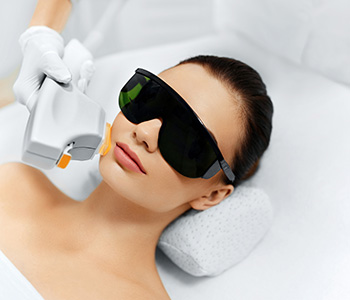
What are the benefits of IPL treatment?

Curb frown lines with Botox treatment

Why Should I Resurface My Skin with Fraxel Laser Treatments?

What is CoolSculpting® fat freezing, and how does it work?
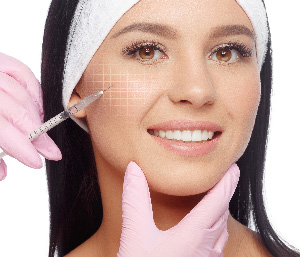
What are the different types of Juvéderm fillers?

Differences between Dysport and Botox for wrinkle treatment

Kybella: the only FDA-approved injectable double chin treatment

How to freeze fat with CoolSculpting procedure in West Palm Beach, FL practice

How can Kybella injections in Jupiter, FL helps me improve my appearance?
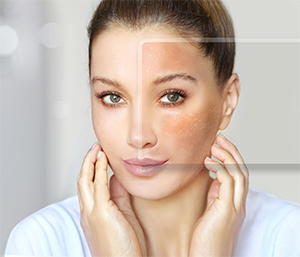
What are the benefits of the Vbeam laser treatment with Jupiter, FL area doctor?

Is there a technique to achieving results with Sculptra injections in Jupiter, FL practice?

Freezing fat away with CoolSculpting offers effective body contouring for West Palm Beach, FL patients

Fraxel laser therapy improves the skin for West Palm Beach, FL area patients

Reverse time with Restylane injections at West Palm Beach, FL dermatology practice

West Palm Beach, FL area dermatologist offers clinical trials for Coolsculpting treatments

Are you located in West Palm Beach and considering skin care clinical trials?
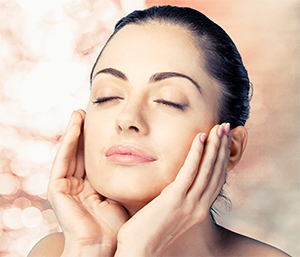
West Palm Beach dermatology office provides cosmetic clinical trials for patient participation

Beer Dermatology in West Palm Beach, FL, offers the benefits of Jeuveau injection fillers

West Palm Beach, FL dermatologist, offers Dysport injections for combating the signs of aging
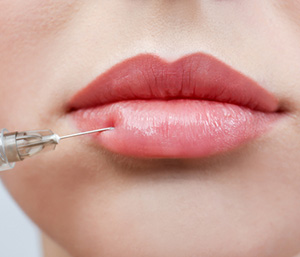
Restylane Silk injectable fillers for lip augmentation in West Palm Beach, FL

CoolSculpting contributes to beautiful bodies in West Palm Beach, FL

Summer’s here: Tips for Cellulite
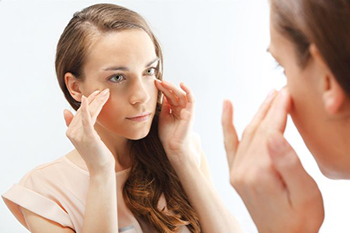
A Botox-Like Gel Could Be Here by 2019

Mohs Surgery for the Removal of Skin Cancer

Placebo in Clinical Trials

Good news for those with a small chin (hypognathism)

IPL for Younger Clearer Skin
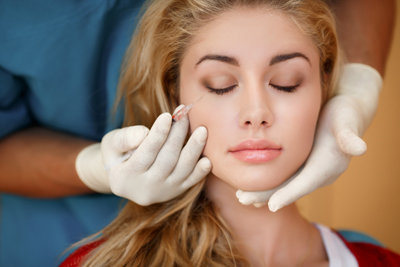
Considering Botox Treatments?

You don’t have to live with acne!

Coenzyme Q10

Eat your way to a healthier complexion

Winter Skin Care Tips for Beautiful Skin









